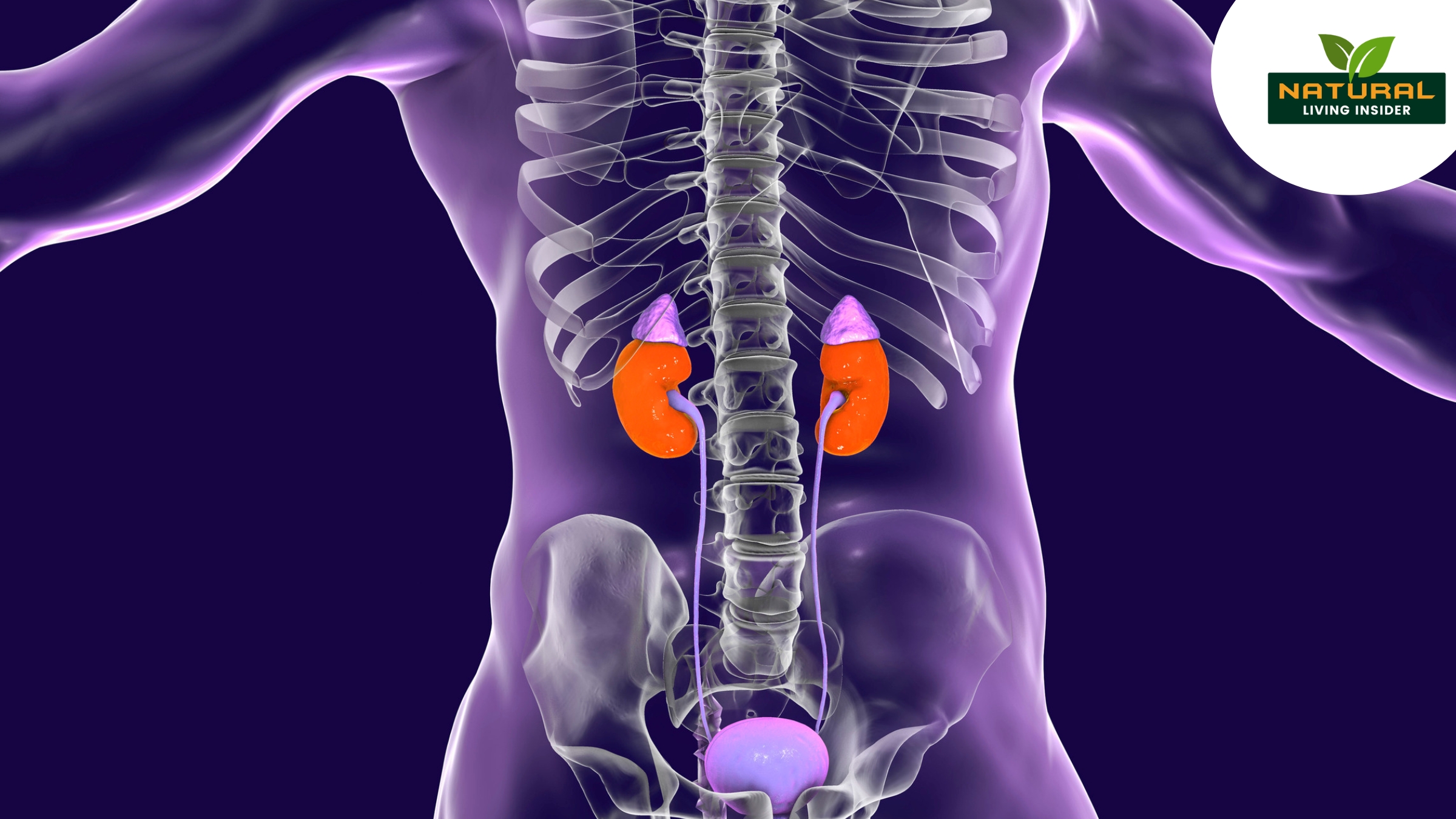
Healthy kidneys are vital for filtering waste, balancing fluids, regulating blood pressure, and maintaining overall health. If you are dealing with kidney disease or simply want to support your kidney health, following a kidney-friendly diet is crucial. In this comprehensive guide, we’ll explore the best foods to support kidney function, what a kidney-friendly diet does, how to make it work with diabetes, and which foods and fruits to limit or avoid.
Table of Contents
What Does a Kidney-Friendly Diet Do?
A kidney-friendly diet supports the kidneys by reducing the buildup of waste, minerals, and fluids in the body. Here's how it helps:
-
Controls waste levels in the blood (like urea, creatinine, and uric acid)
-
Reduces strain on the kidneys by limiting sodium, potassium, and phosphorus
-
Balances fluids in the body, helping to reduce swelling and blood pressure
-
Prevents malnutrition, especially in patients on dialysis
-
Slows progression of chronic kidney disease (CKD)
Top 25 Healthy Foods That Support Kidney Function
Here’s a list of kidney-supportive foods that are low in potassium, phosphorus, and sodium, yet rich in antioxidants and nutrients:
-
Cranberries – Help prevent urinary tract infections that can reach the kidneys.
-
Arugula – A low-potassium leafy green alternative to spinach.
-
Raspberries – Packed with fiber and vitamin C.
-
Strawberries – High in antioxidants and anti-inflammatory properties.
-
Plums – Low in potassium and high in antioxidants.
-
Pineapples – Unlike other tropical fruits, pineapples are low in potassium.
-
Peaches – Contain vitamins A and C and are kidney-safe in moderation.
-
Cabbage – Great source of vitamins K and C, low in potassium.
-
Cauliflower – Supports detoxification with compounds like indoles.
-
Asparagus – A diuretic vegetable that helps with fluid balance.
-
Beans – Rich in plant-based protein (best in moderation).
-
Celery – Helps with hydration and is low in potassium.
-
Cucumber – Hydrating and soothing for the kidneys.
-
Onions – Adds flavor without sodium; rich in antioxidants.
-
Bell peppers – Loaded with vitamins A, C, B6, and low in potassium.
-
Radishes – Natural detoxifier with diuretic effects.
-
Summer squash – A great low-potassium alternative to other starchy vegetables.
-
Garlic – Natural anti-inflammatory and flavor enhancer.
-
Egg whites (no yolks) – High-quality protein without phosphorus.
-
Shiitake mushrooms – Plant-based umami, lower in potassium than many mushrooms.
-
Water – Staying hydrated is crucial for kidney function.
-
Olive oil – Healthy fat that supports heart and kidney health.
-
Skinless chicken – Lean protein option with less sodium and potassium.
-
Macadamia nuts – Kidney-friendly nut, unlike almonds or peanuts.
-
Turnips – Low-potassium alternative to potatoes and root vegetables.
How to Make a Kidney-Friendly and Diabetic Diet Work Together
Managing both kidney disease and diabetes requires careful planning, but it’s achievable with the right approach:
1. Choose Low-Glycemic, Low-Potassium Foods
Opt for foods that are gentle on your blood sugar and kidney function – such as berries, leafy greens (arugula, cabbage), and summer squash.
2. Control Portion Sizes
Both blood sugar and kidney strain can be managed by watching food quantities.
3. Limit Sodium and Sugar
Avoid processed foods, sugary drinks, and salty snacks. Use herbs like garlic and lemon for flavor.
4. Balance Protein Intake
Get enough protein to maintain muscle mass but not so much that it burdens the kidneys. Choose high-quality protein like egg whites, chicken breast, or plant-based options in moderation.
5. Monitor Carbohydrates
Stick to complex carbs like cucumbers, cauliflower, and beans, which provide fiber and are blood-sugar friendly.
What Food Items Should You Limit in Kidney Disease?
To protect your kidneys, it’s important to limit or avoid the following:
-
Sodium (Salt) – Found in chips, pickles, instant soups, canned food.
-
Potassium-rich foods – Bananas, oranges, potatoes, tomatoes.
-
Phosphorus-rich foods – Cheese, nuts (except macadamia), whole grains.
-
Processed and packaged foods – Contain additives that burden the kidneys.
-
Red meat and organ meat – High in saturated fats and purines.
What Fruit Is Bad for Kidneys?
While many fruits are healthy, some high-potassium fruits can be harmful for those with impaired kidney function:
-
Bananas – Extremely high in potassium.
-
Oranges and orange juice – High in both potassium and sugar.
-
Avocados – Potassium-heavy and should be avoided.
-
Kiwis and cantaloupes – Also rich in potassium.
-
Dried fruits (raisins, dates, apricots) – Concentrated sources of potassium and sugar.
A kidney-friendly diet plays a powerful role in maintaining and protecting your kidney health. By choosing the right foods — like cranberries, cauliflower, garlic, and egg whites — and avoiding high-sodium, high-potassium, and high-phosphorus options, you can reduce strain on your kidneys and improve your overall well-being. If you also have diabetes, consult a dietitian to develop a meal plan that balances both conditions effectively.


